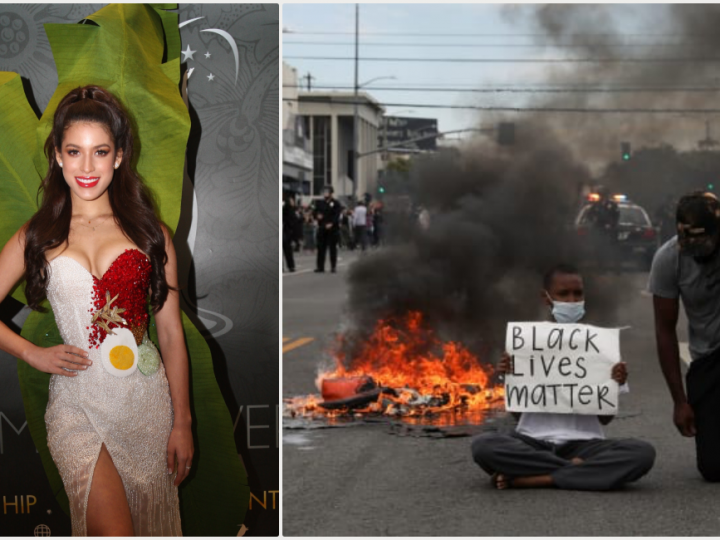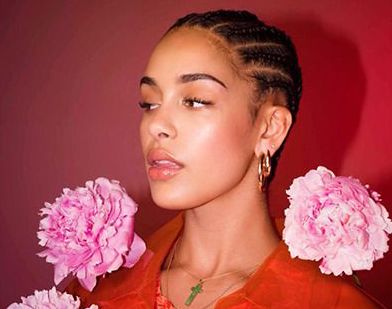M’sians Sign Petitions & Call Out ‘Dayang Senandong’ Folklore Remake For Promoting Blackface
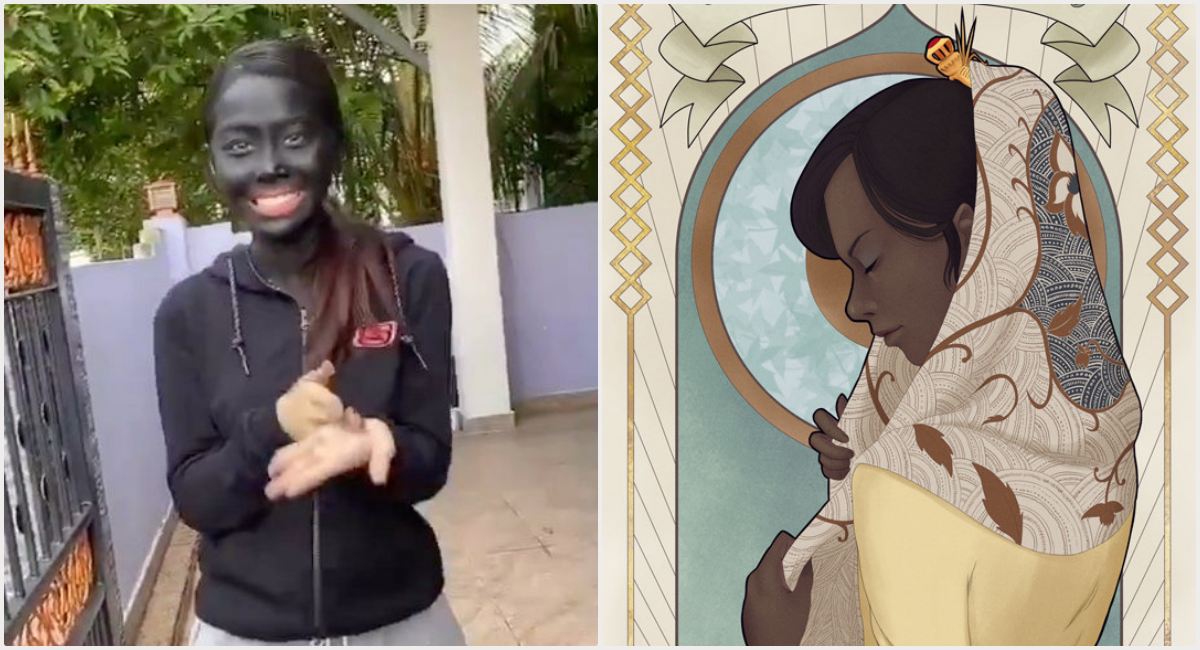 Thirsty for JUICE content? Quench your cravings on our Instagram, TikTok and WhatsApp
Thirsty for JUICE content? Quench your cravings on our Instagram, TikTok and WhatsApp
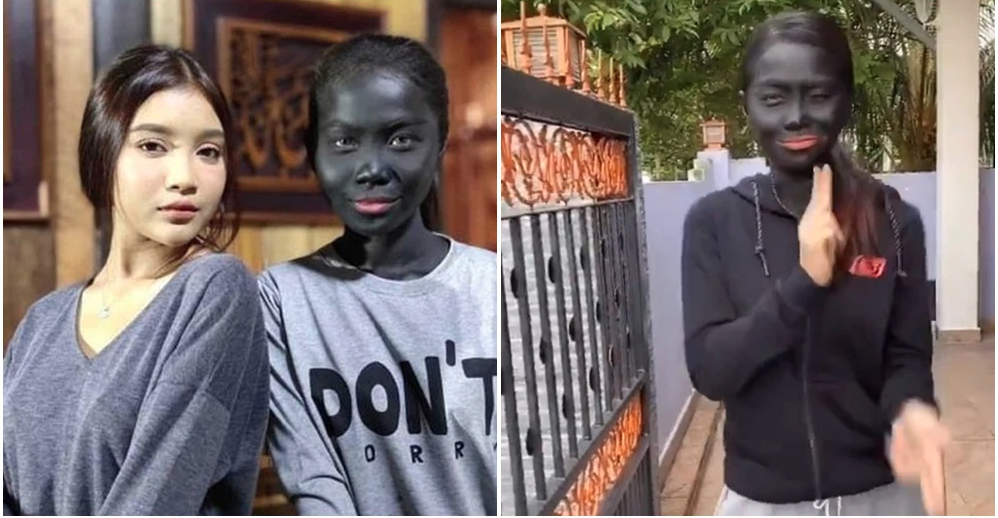
Recently, a TikTok video of an actress dancing with blackface on had gone viral on Twitter. The explanation behind the make-up was that the actress was currently involved in the production of a TV show that was adapting the well-known Malaysian folklore, Dayang Senandung. Watch the clip below:
someone??pls tell me?? whats going on??? pic.twitter.com/mdUDFHHaMG
— elle (@elrynnaa) June 18, 2020
The name would probably ring a bell because it is the same folklore that landed Watson’s Malaysia in trouble a few years ago. The company ran an ad and it was immediately met with backlash from netizens for being colourist.
Colourism is essentially discrimination based on skin colour. It is a form of prejudice that affects those born with darker skin tones, hence why Watson’s ad was deemed colourist. Despite being an almost 15-minute long commercial with numerous celebrity cameos, the message towards the end that a woman should “wash” the darkness of her face in order to become beautiful and marry a prince was the main focus for viewers.
It even catalysed many articles that highlighted the problems behind perpetuating such messages to today’s audience, primarily feeding into Western beauty stereotypes inculcated within our community during the age of colonialism.
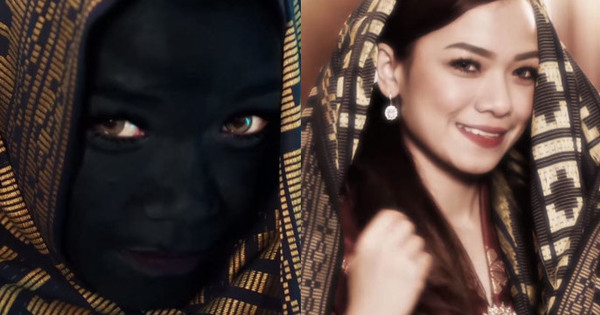
Currently, two petitions have been making rounds on Twitter, calling for the show to be cancelled. As of right now, both petitions have accumulated a total of over 3,000 signatures. Have a look at what people have to say…
Dayang Senandung needs a different narrative. Sleeping Beauty was actually raped in the original lore, Cinderella did self mutilation, and Pinocchio was hanged from a tree. But that’s not the plot we watched growing up did we.
— ghost of raya past (@mishkatov) June 19, 2020
It is not an exaggeration to say that Dayang Senandung is problematic. Just bcs it’s old, a legend, a folklore doesn’t mean it’s right.
The fable taught us COLORISM.
It taught us that dark, black skin is UGLY, is CURSED. It taught us that being different makes us UNWANTED.— Bunny 🐰 (@chizubunny) June 18, 2020
If we Msians want to reach for the Oscars, 1 of the things we have 2 do is make films that are demographically inclusive. An eg. is making a film/show like Dayang Senandung, which caters to a specific audience. Pls understand that dark skinned Msians may feel a certain way abt it
— Mia Sara Shauki (@miasarash) June 18, 2020
However, not everyone agrees with the initiative to cancel the show. Some have come to the folklore’s defence. Take a look at their argument…
Dayang Senandung is a folklore. Imagine being triggered over a folklore! 😂 Like being triggered over Snow White and the Seven Dwarfs. If you don’t know other people’s folklore, then you are just uneducated like those you say uneducated over the N-word.
— Ed Junaidi (@edjunaidi) June 19, 2020
The story doesn’t say being dark skinned means ugly, she is describe as being unnaturally black, hence the discrimination she faces.
However, I really do not see a problem with the production of a Dayang Senandung be it in movies, theater or artwork.
— Aim For The Stars ✨ (@AiminPublic) June 18, 2020
There’s even an entire article dedicated to debunking the claims of racism, colourism and blackface. It seems that despite being a folklore from years ago, it still has a lasting impact on Malaysians, so much so that it’s causing a divide in the way we perceive it.
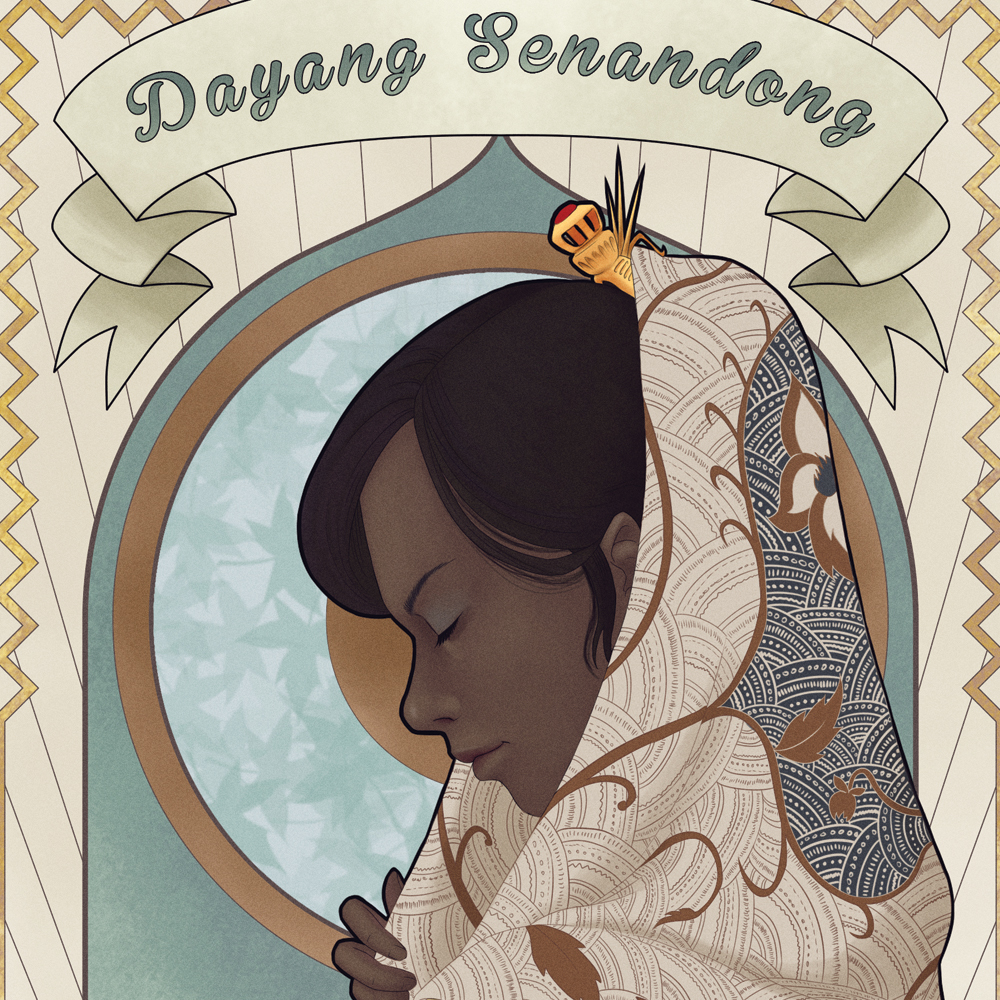
With that said, for further context, Dayang Senandung tells the tale of a princess who was cursed with coal black skin as an infant. All her life, she was subjected to bullying due to her skin colour. Since she spent most of her time alone, she practiced her singing and recitation of the Quran. She was known for having a pleasant, musical voice.
One day, the prince, disguised as a peasant (of course), was hunting in the woods when he stumbled upon a beautiful singing voice. Entranced, he immediately decided to marry the woman whom the voice belonged to, despite the fact that he never even saw her face.
When Dayang Senandung was brought to the palace and revealed to the prince, he was shocked by her appearance. However, he proceeded to marry her anyway because of her lovely voice. You’d think the story would end here, right? Well, it doesn’t…

While the prince was away in battle, Dayang Senandung was stuck at home with her mother in-law who hated her to the point where she ordered a guard to take her to the woods and murder her. Of course, he didn’t (or else the story would morbidly end here) and he let her live. Unbeknownst to him or the mother-in-law, Dayang Senandung was pregnant at the time. She was forced to give birth alone in the woods, which somehow broke the curse. Hey, don’t look at me; I didn’t write it…
After time has passed and Dayang Senandung had become frail from having to live in solitude away from proper food and water, she and her baby were finally discovered by her brother. Enraged, the brother waged a war against the mother-in-law and they both embarked on a journey to save the prince from the captivity of his adversary.
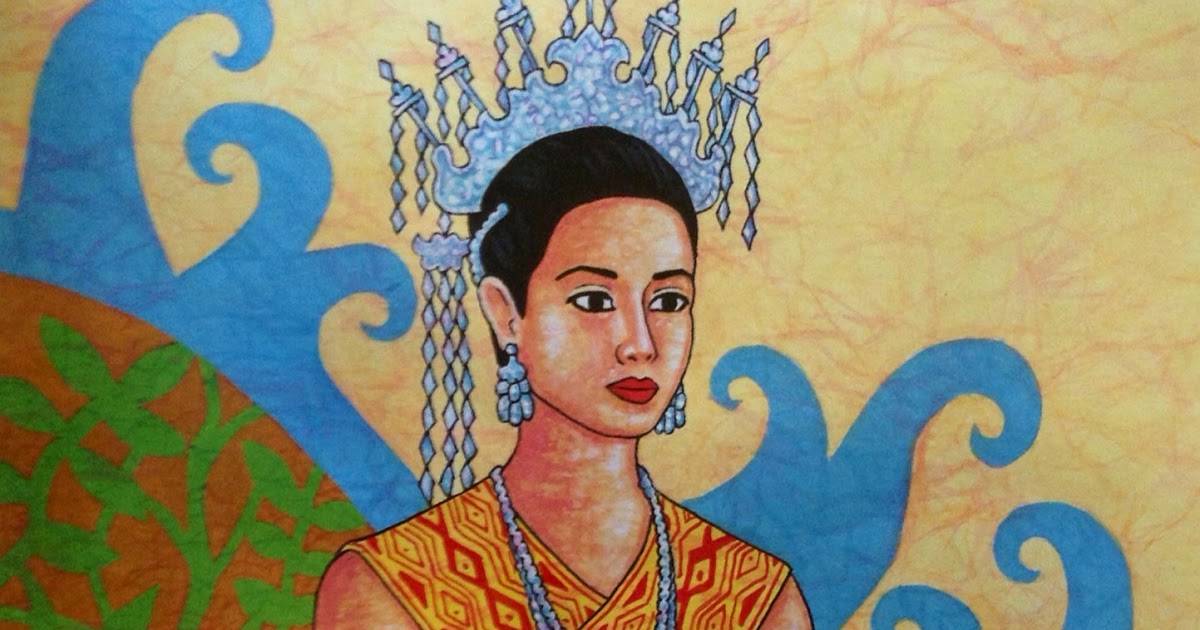
All in all, folklores can usually be dated all the way back to the days where colonialism was still fresh in the minds of those writing the stories. Their perception of beauty was heavily influenced by the propaganda that ‘white is better’, which is sadly still the mindset of some to this day.
Colourism has traversed the test of time and Malaysians still face discrimination due to their skin tone. This is evident through various options of whitening products on the market that are still popular in Asia.
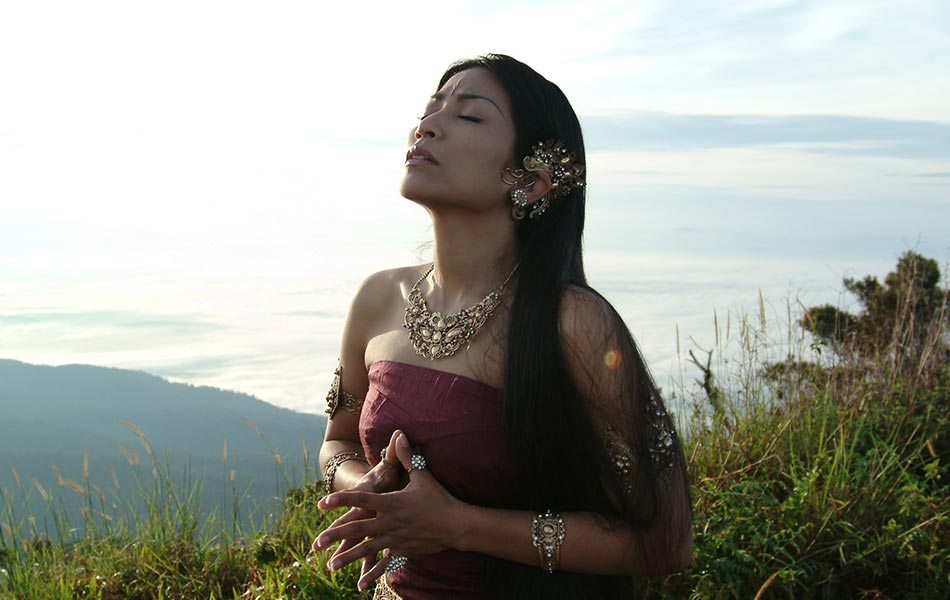
With that, while the Dayang Senandung folklore remains one of the most well-known legends in Malaysia, it could be time for Malaysians to progress forward and leave such ideas of colourism behind. There are many opportunities for better adaptations of folklore that could lead to epics, as previously proven by the hit musical Puteri Gunung Ledang, which we submitted to the Oscars.
Perhaps now is the time for Malaysians to explore our wide range of folklores to find more gems with relevant and empowering messages.
Main image taken from artstation.com, artist Faezan Zakaria.
For more opinion pieces, choose JUICE.


 Get Audio+
Get Audio+ Hot FM
Hot FM Kool 101
Kool 101 Eight FM
Eight FM Fly FM
Fly FM Molek FM
Molek FM